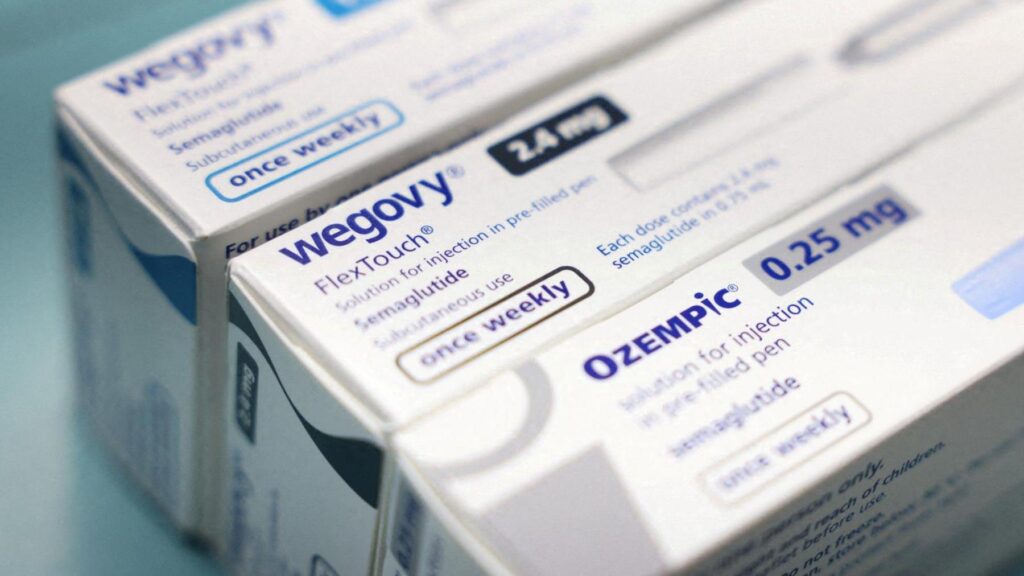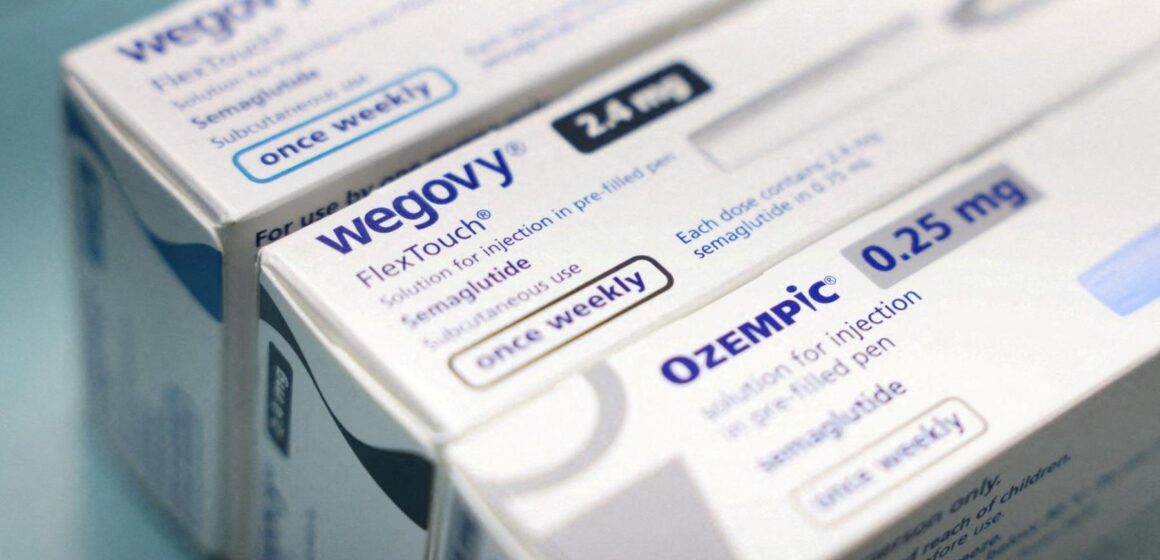
Ozempic. Let’s be clear: young people are under pressure. Pressure to be successful, to be financially stable, to “make something of themselves”—and now, let’s add a perfectly slim, snatched body to that checklist. Enter: Ozempic.
If you’ve been anywhere near TikTok, Instagram, or celebrity news lately, you’ve probably heard the name floating around like some magic potion. Ozempic—originally a diabetes drug—has become the go-to injectable for rapid weight loss. Celebrities are swearing by it. Influencers are quietly promoting it. Some are even selling it on the low. But what started as a medical prescription is now shaping up to be a cultural obsession. One that, if we’re not careful, could mess up a generation’s relationship with their bodies and health—for life.
What Even Is Ozempic?
Let’s break it down. Ozempic is a GLP-1 receptor agonist. Originally created to manage type 2 diabetes, it helps regulate blood sugar levels and slows down digestion—making people feel full longer. The side effect? Weight loss.
Now, it’s being prescribed off-label (especially in the US and now quietly creeping into UK private clinics) as a weight-loss drug. And it’s working—fast. We’re talking people losing 10, 20, even 30+ pounds in a matter of months.
But what’s being left out of the conversation is just as important as what’s being hyped.
The Rise of the “Injectable Ideal”
What happens when a generation that already lives under filtered beauty standards is handed a quick fix to meet them?
Young people are watching celebs and influencers shrink before their eyes. You’ve seen it: red carpets, Insta posts, “glow ups” that look more like vanishing acts. The results are undeniable—and so is the message being sent.
Now, people are sliding into DMs asking, “Are you on Ozempic?” like it’s the new lip filler or laser hair removal. In some social circles, it’s almost expected. And that’s dangerous.
Because what we’re really doing is medicalising insecurity.
Who’s Really Paying the Price?
Let’s not forget who always feels the sharpest edge of beauty trends: young women, especially those from Black, Brown, and working-class communities. You’re expected to look “slim thick” without surgery, eat clean on a corner shop budget, and now? Keep up with weight-loss injections you can’t even get through the NHS unless you’re diabetic.
This isn’t just a celebrity problem—it’s a class problem. Ozempic costs hundreds of pounds a month privately. So the rich can afford shortcuts while the rest fight body dysmorphia in silence. Social media makes it worse: TikTok feeds you “before and after” reels until you start wondering if your own body is a failure.
The Mental Health Minefield
Here’s the bit they don’t show you in the glam selfies.
Ozempic comes with side effects: nausea, vomiting, fatigue, and worst of all—dependency. Some users gain all the weight back (and more) when they stop. Others develop disordered eating patterns because they’ve conditioned themselves to associate fullness with guilt or success.
Now imagine you’re 18—juggling uni stress, job rejection emails, and the rising cost of living—while people tell you your body isn’t “trending” unless it looks sculpted in a clinic.
This isn’t wellness. This trend creates a whole new kind of body pressure—and wraps it in medical packaging. And it’s not fair.
What About the Real Health Risks?
People with diabetes are already struggling to get hold of their meds because of demand from non-diabetic users. That’s not just unethical—it’s life-threatening. We’re literally choosing aesthetic goals over someone else’s survival.
Plus, let’s be real: using a prescription drug to drop weight when you’re not medically advised to is risky business. There’s a reason proper doctors are cautious. Ozempic isn’t some harmless vitamin shot—it changes how your body functions. And using it without medical need? It can backfire badly.
So Where Do We Go From Here?
Let’s flip the script.
Young people are smart. We know how to spot scams, decode trends, and call out BS. But we also need honesty from the people we look up to. If influencers are on Ozempic, they need to say it—not leave followers guessing and blaming themselves for not slimming down “naturally.”
And media outlets (yes, even us) need to cover this with more care. Not glamorise it. Not shame it. Just keep it real.
Because what’s truly empowering isn’t a prescription. It’s learning to live in your body without hating it. It’s finding health goals that actually support your mental wellbeing, not just your IG likes. And it’s knowing that fast fixes never build lasting self-love.
Final Word
Ozempic might seem like a miracle today—but at what cost? For young people already navigating a chaotic job market, rising rent, and mental health struggles, this added pressure to look a certain way can be the final straw.
We don’t need another thing telling us we’re not enough. We need voices, spaces, and support that remind us we already are.
So before you consider the jab, ask yourself: Am I doing this for health? Or for validation?
Because the most powerful glow-up? It starts from within.
https://insidesuccessmagazine.com/category/health
Zita Salum, a British, Tanzanian journalist with a London heart, is making waves in the world of media. Born and Raised in Hackney London, she discovered her passion for storytelling at a young age. Her journey began as an admin for the Inside Success magazine, but her talent quickly shone through. Zita's ability to craft compelling narratives and her knack for capturing the essence of a story led her to become an editor for the magazine.
From there, her career soared. Zita has contributed to a diverse range of publications, including the prestigious W magazine, showcasing her versatility as a writer. Her expertise spans across industries such as music, corporate, political, sports, arts, and fashion. Beyond her written work, Zita has also excelled in broadcast journalism. Her natural ability to connect with interviewees and her engaging hosting style have made her a sought-after talent in the industry.
In her free time, Zita is a dedicated networker, attending industry events and immersing herself in the latest trends. She is also passionate about investigative journalism and has produced creative documentaries that shed light on important issues. With her talent, drive, and unwavering commitment to her craft, Zita Salum is undoubtedly a rising star in the world of journalism.




Leave a Reply
You must be logged in to post a comment.